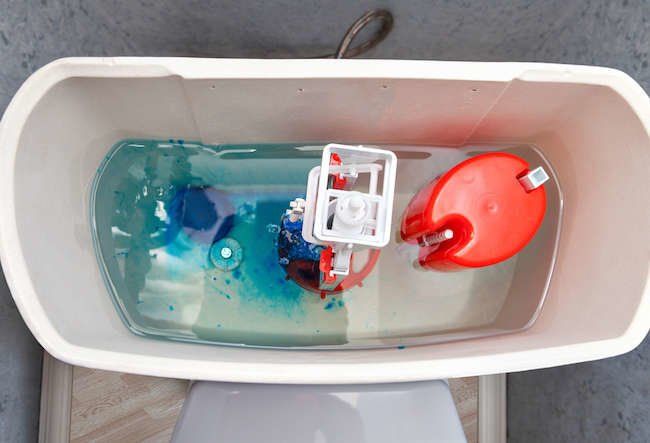We may earn revenue from the products available on this page and participate in affiliate programs. Learn More ›
We are Our Plumbing’s Biggest Enemy
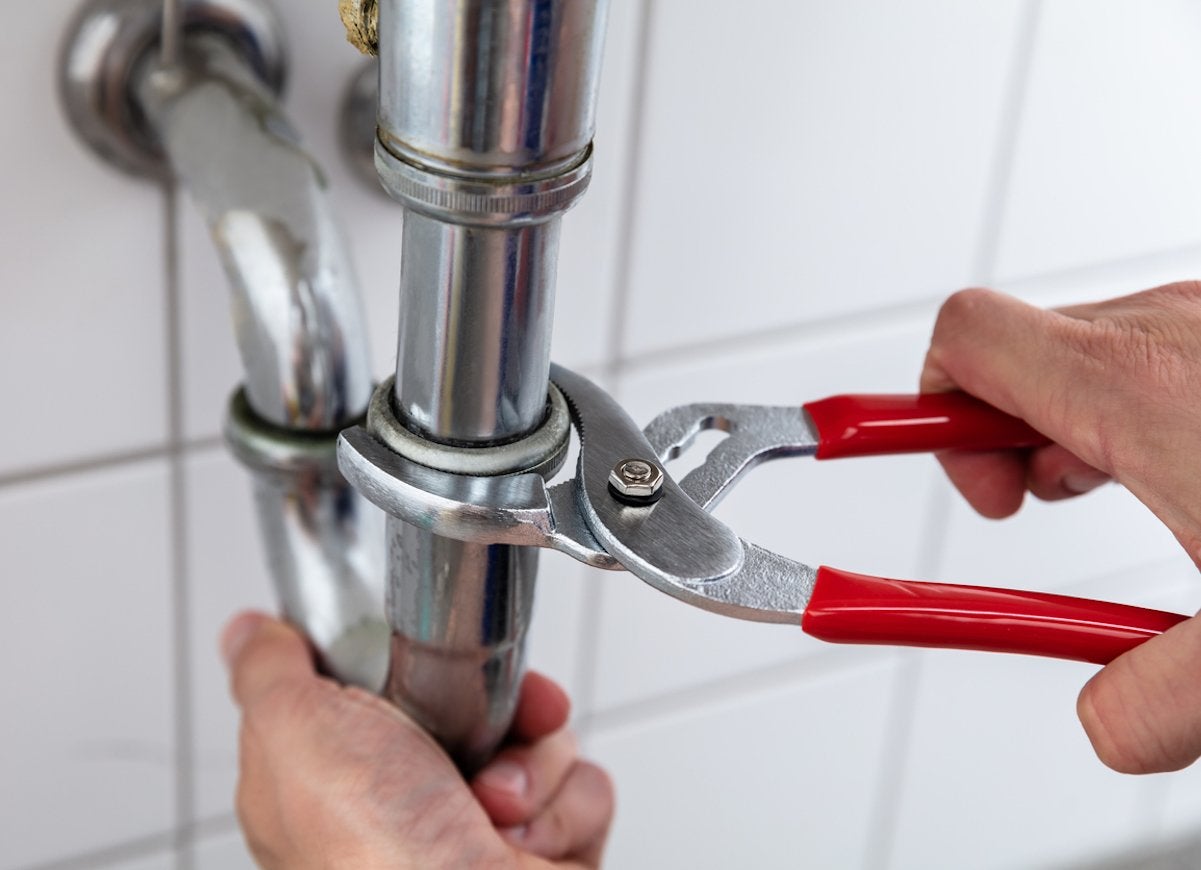
You might not know it, but the biggest threat to your plumbing is likely you—and your bad habits that wreak havoc on your drains and pipes. Whether it’s putting the wrong things down the garbage disposal or doing a bad DIY job, you may be putting your plumbing at risk, and costing yourself thousands of dollars in repairs. Want to avoid a large plumbing mistake? Then stop doing these 10 things to avoid a plumbing emergency.
Relying on Liquid Drain Cleaners
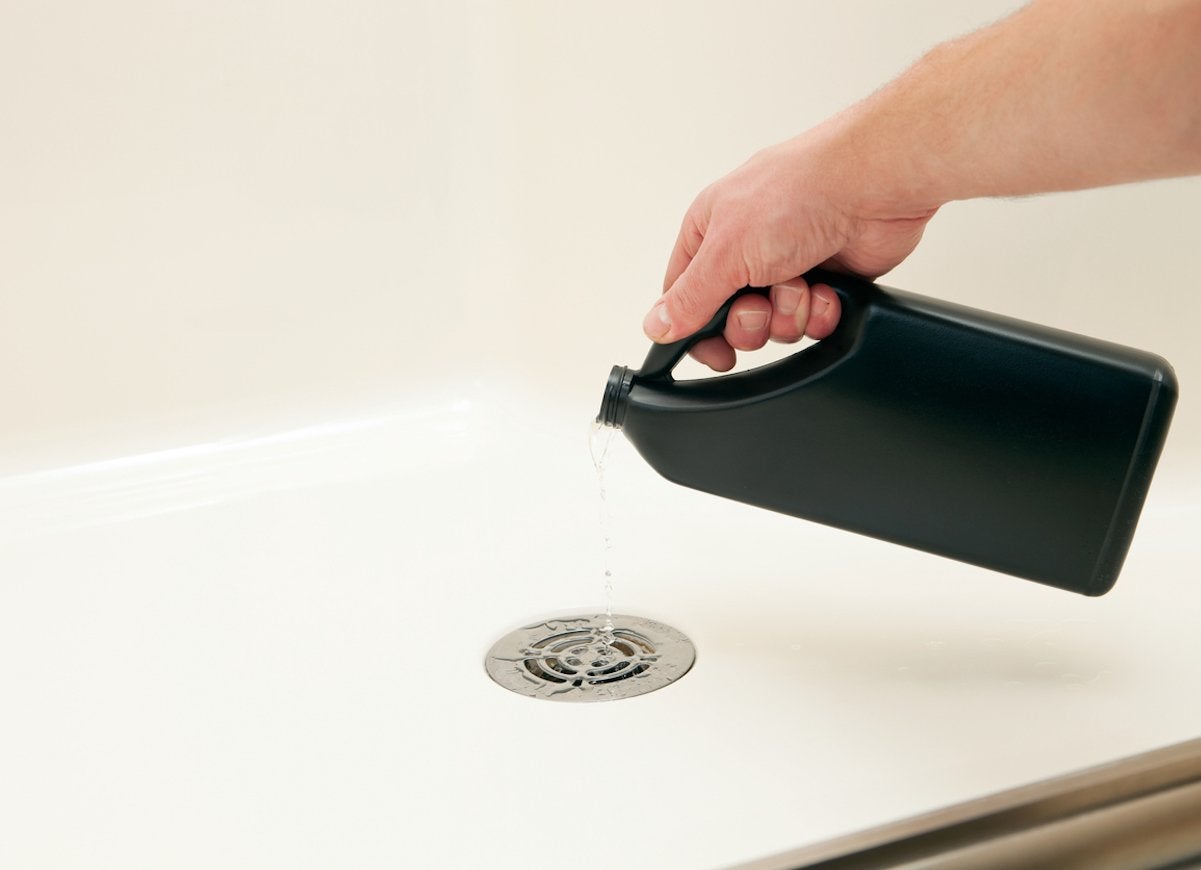
When you’ve got a clogged drain, avoid the temptation of the quick fix promised by liquid drain cleaners. Not only are these products marginally effective at best, but they contain harsh chemicals that can generate heat and cause cracks in your pipes or react with existing corrosion and cause dangerous chemical reactions.
Flushing Foreign Objects
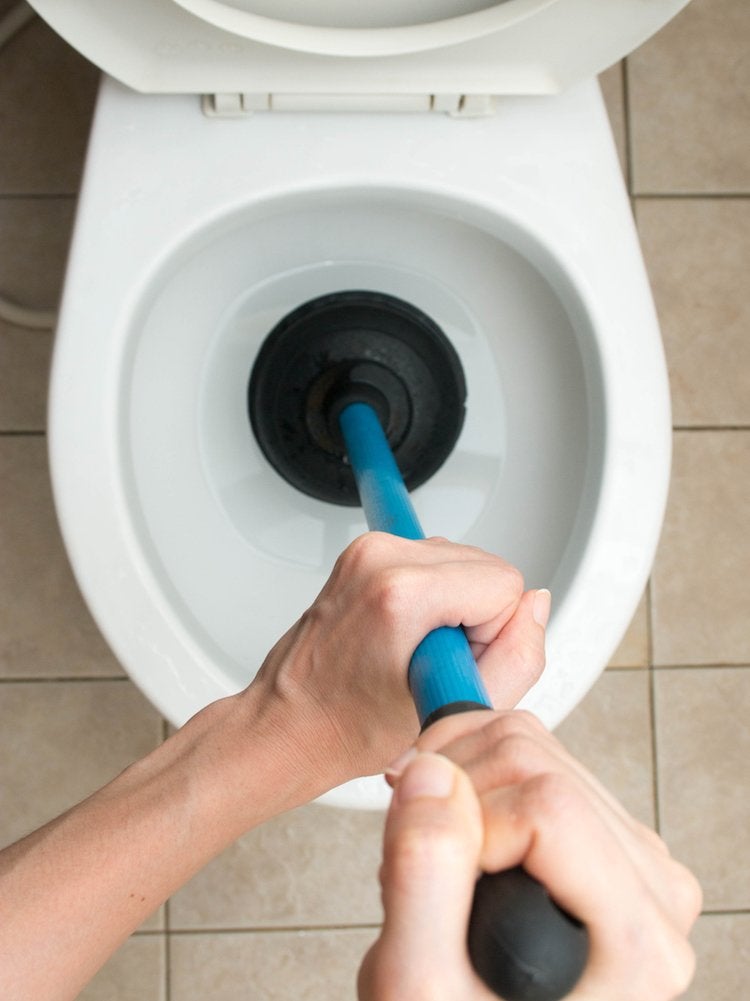
Treating your toilet like a garbage can will definitely cause clogs, obstructions and a major bill from a plumber. The most important thing you can do to protect your plumbing is to avoid flushing foreign objects like feminine hygiene products, paper towels, baby wipes and anything else that’s not toilet paper.
Thinking You Can Handle a Big Plumbing Job
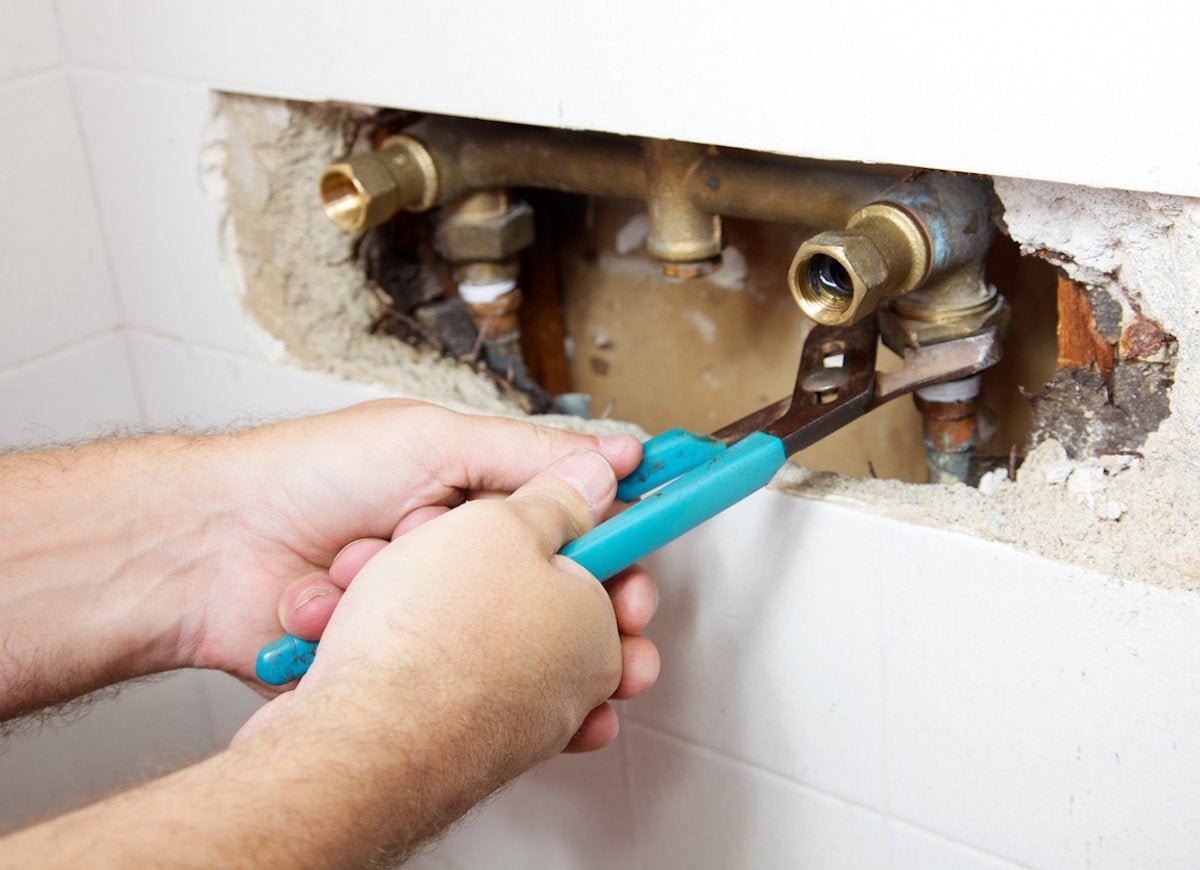
We get it: Professional plumbers can be expensive, but that doesn’t mean you should tackle a big plumbing job on your own. An inexperienced DIYer can make huge mistakes like joining two different metal pipes together, over-tightening the connections or forgetting to turn off the water before starting a project. Before you embark on a misguided DIY project, get bids from a number of reputable plumbers, then hire one of them to help you solve your water woes.
Pouring Grease Down the Drain
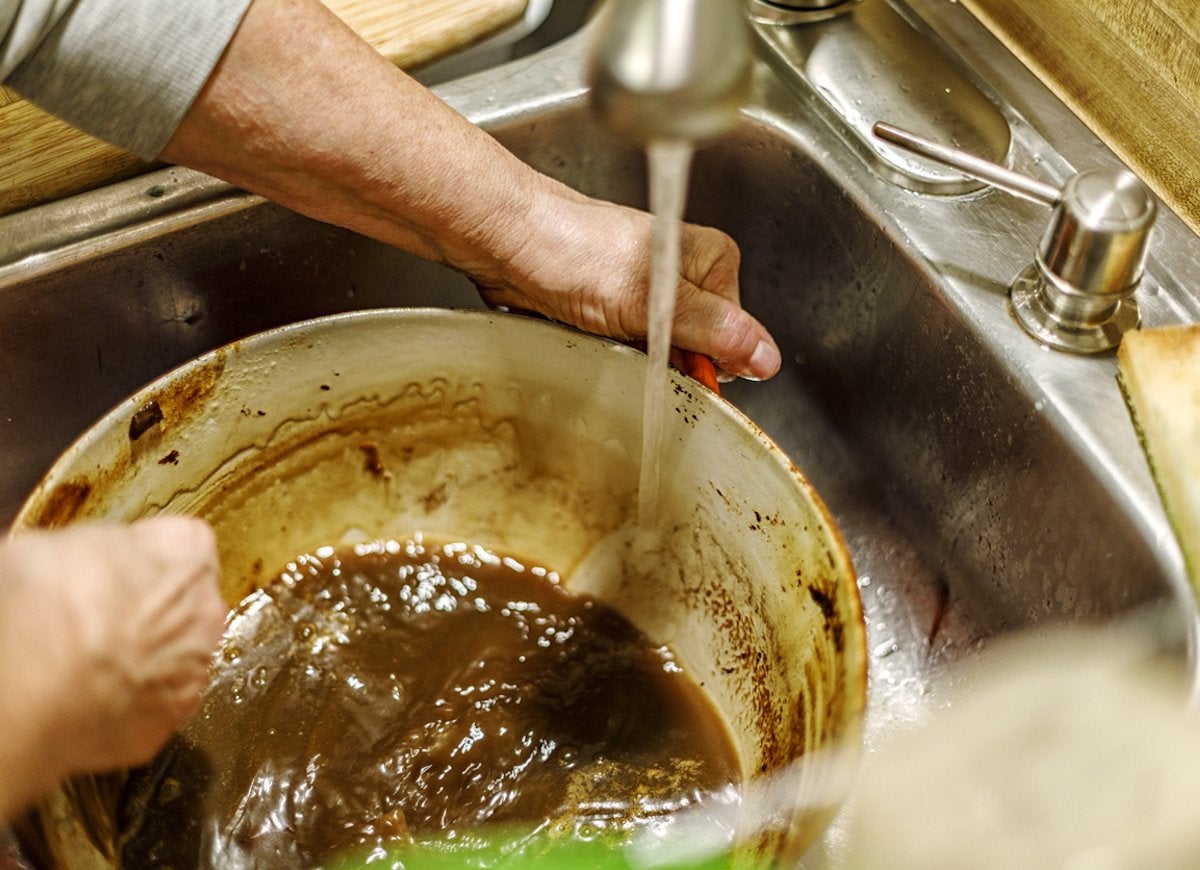
After cooking a sizzling pan of bacon, the worst thing you could do to your pipes is to pour that grease down the drain. Why? Because the fat from the grease will coat the pipes and build up over time, which will eventually cause a huge clog—potentially both at home and in city-owned pipes.
Using Drop-in Toilet Fresheners
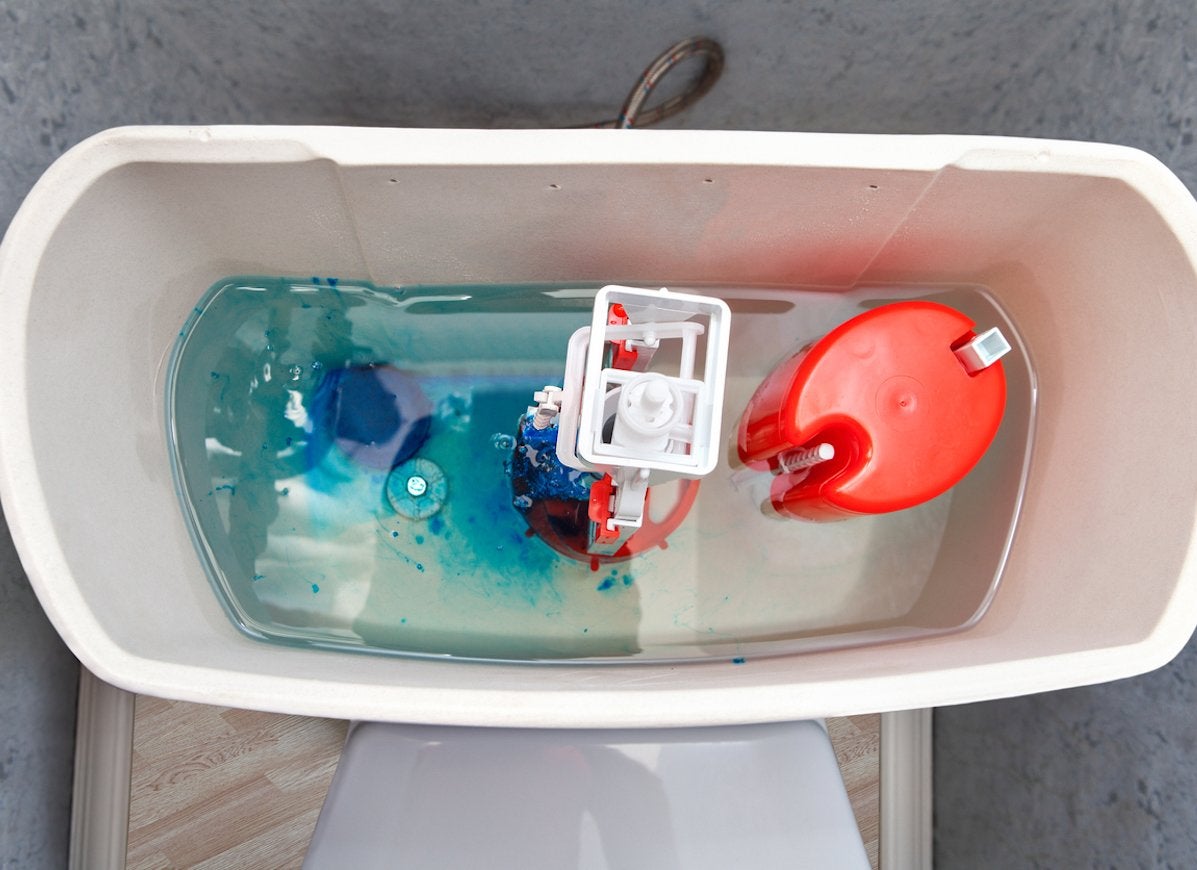
Drop-in toilet fresheners are a mess-free and easy way to clean your toilet bowl—and they can also cause a lot of damage to the parts inside your tank. When the chlorine inside the tablet dissolves it can cause corrosion to the gaskets and washers, so it’s best to stick to scrubbing with a good old-fashioned toilet bowl cleaner.
Not Replacing Hoses on Washing Machines and Dishwashers
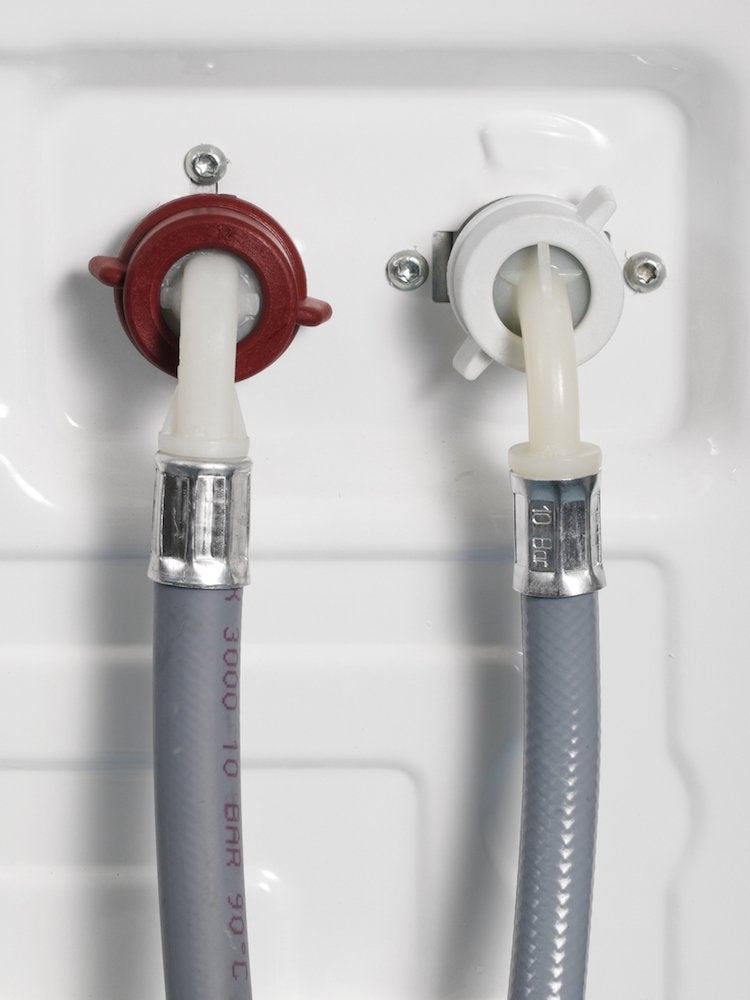
The lifespan of a washing machine or dishwasher hose is about five years, and they may show no signs of wear and tear until the day when they suddenly burst. If it’s been a while since you installed a new hose, seize the opportunity to replace them and save yourself the trouble and expense of water damage within your laundry room.
Putting Potato Skins Down the Garbage Disposal
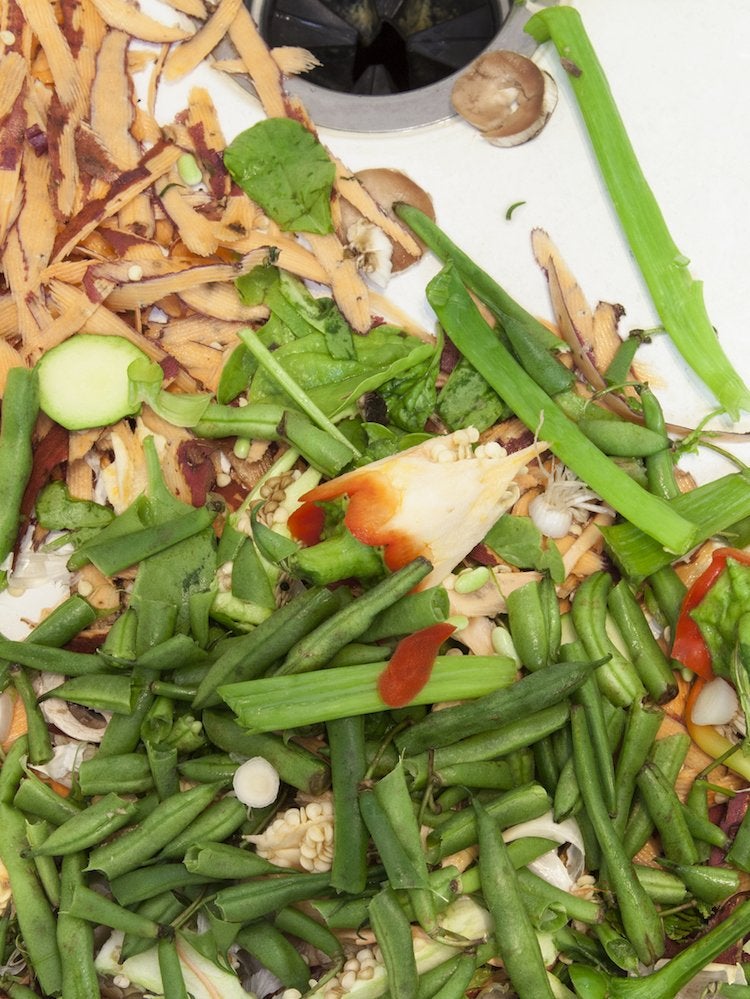
Peeling potatoes over the sink may make the task easier, but don’t even think about washing them down the garbage disposal or you could create a thick, starchy mess that will seriously clog your pipes. To avoid this mess, throw your peels in the compost pile where they’ll break down into nutritious fertilizer for your garden.
Failing to Take Freezing Pipe Precautions
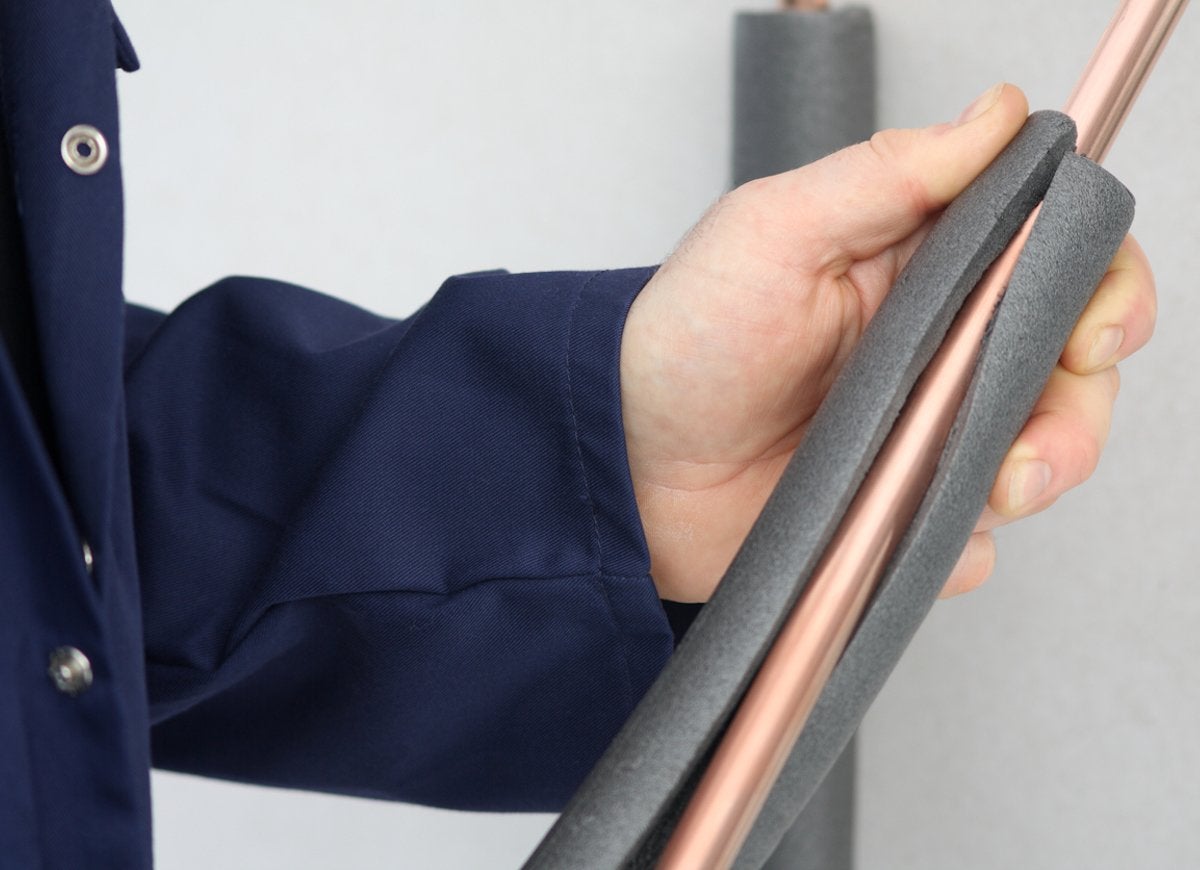
If you live where temperatures dip below freezing, it’s essential to take proper precautions to prevent water from freezing in your pipes, which can cause them to expand and burst. One of the first defenses against burst pipes is insulation. For pipes that run along an exterior wall or through unheated portions of the home like the garage, you may also want to consider heat tape and water leak alarms.
Leaving Hoses Connected in the Winter
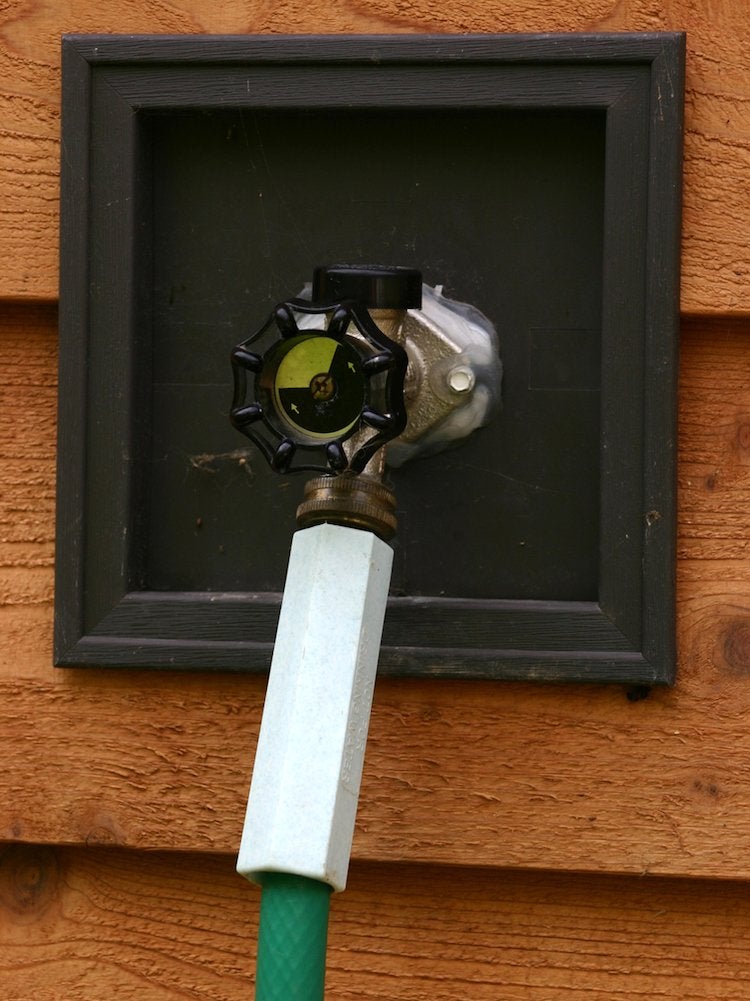
When the summer days end, it’s important to not only pack up the patio furniture and grill, but to disconnect the garden hoses and turn off the water to exterior faucets. If a garden hoses stays connected to the tap throughout the winter and freezes, this can cause cracks in the hose and the pipe and may lead to a very leaky future for your home—both inside and out. If temperatures get especially cold in your region, you may want to consider placing an insulation cap on the bare spigot to provide added protection.
Not Replacing Your Water Heater
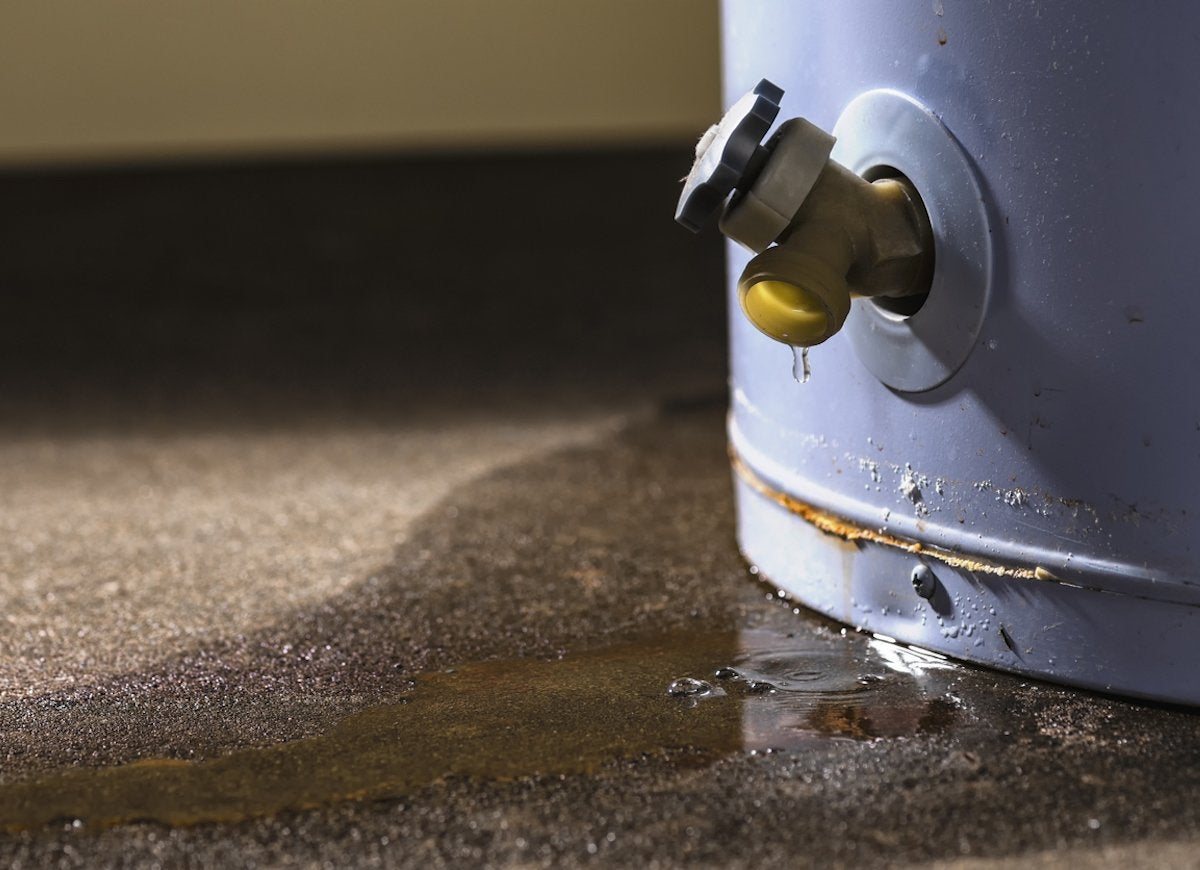
A traditional water heater has a lifespan of 8-12 years, while tankless models may last up to 20 years. Regardless of which type of water heater you own, if you haven’t replaced it by its average expiration date, then you could be putting yourself at risk for a costly leak, not to mention higher energy prices. Look for signs that the appliance is underperforming, such as a drop in water temperature or knocking sounds, and learn about factors that may reduce the amount of time that it remains operative.
Avoid These Plumbing Problems
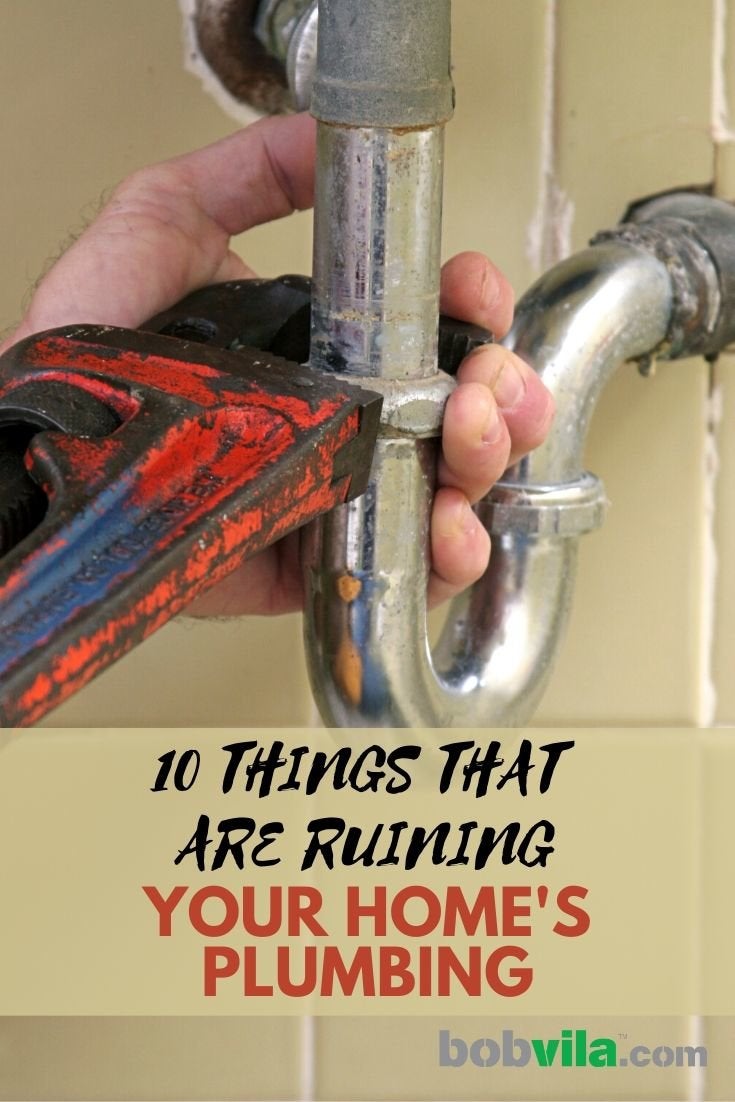
With this knowledge, you can avoid these plumbing mistakes to maintain a happy house.

Practical Gifts They'll Love
Our editors take pride in their gift-giving skills—and these are their top suggestions for DIYers, plant parents, new homeowners, and more.
